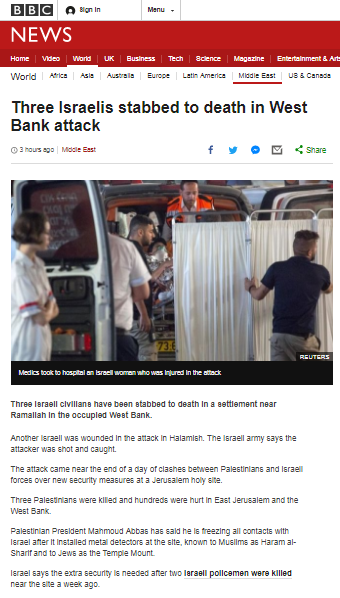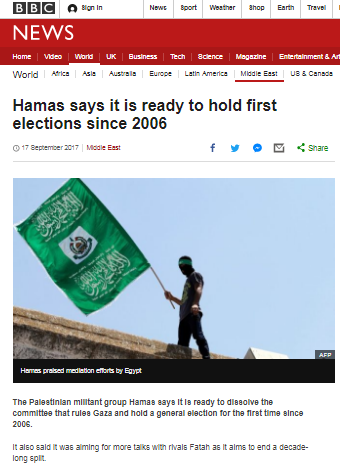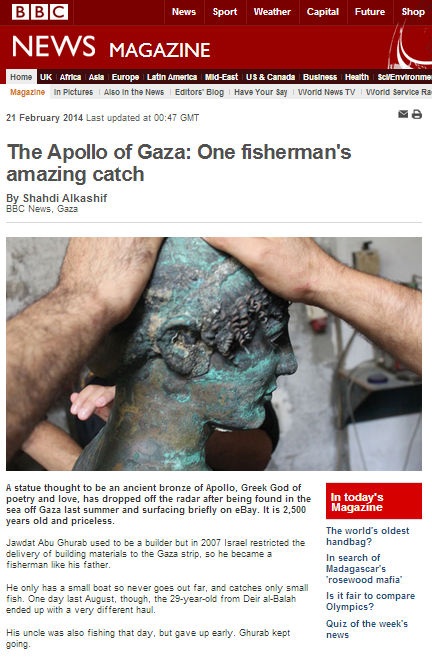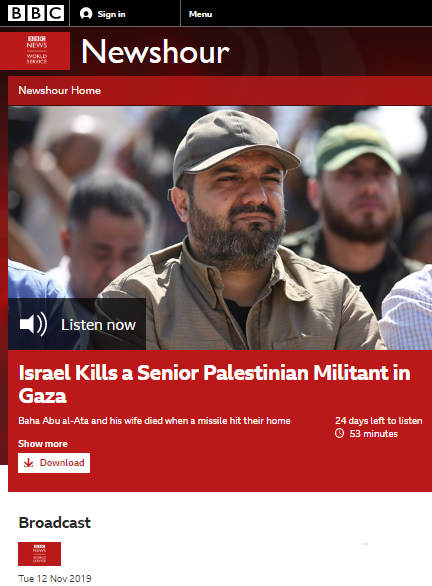On the evening of July 21st three members of the Salomon family were murdered in a terror attack in Halamish.
“According to a preliminary investigation, the terrorist, a Palestinian in his late teens from a nearby village, arrived in the settlement on foot armed with a knife, climbed a fence and chose the last house on a street near it.
The perpetrator broke a window and entered the home, surprising a family of about 10 inside as they were finishing their dinner, and launched his stabbing spree.
During the attack, another daughter hid several of the grandchildren in one of the rooms, where she called police and began shouting that a terrorist was inside the home.
Paramedics said the victims, a father in his 60s, his son in his 40s, and his daughter in her 40s, died of their wounds.
The mother, in her 60s, was taken to Shaare Zedek Medical Center in Jerusalem in serious condition.
Palestinian media identified the terrorist as Omar al-Abed, 19, from the village of Kaubar, near Ramallah.
An IDF soldier on leave in a nearby home responded to the screams and shot and wounded Abed through his window, according to Magen David Adom rescue service officials. An MDA paramedic at the scene told The Times of Israel the attacker was wounded by the shooting and was evacuated to hospital in moderate condition.
In initial questioning, Abed said he bought the knife two days ago, wanting to commit a terror attack because of events surrounding the Temple Mount in Jerusalem.”

Roughly two hours after the attack took place the BBC News website published the first version of its report on the incident. Neither in the headline – “Three Israelis stabbed to death in West Bank attack” – nor in the body of the article did the BBC describe the incident as a terror attack.
As has been the case in the past, the report did however take care to inform readers of the BBC’s preferred political classification of the location of the incident.
“Three Israeli civilians have been stabbed to death in a settlement near Ramallah in the occupied West Bank.” [emphasis added]
Halamish is of course located in Area C, the final status of which – according to the Oslo Accords that were signed by the Palestinians – is to be determined in negotiations.
The first two versions of the report told readers that:
“The attack came near the end of a day of clashes between Palestinians and Israeli forces over new security measures at a Jerusalem holy site.”
Only in version three was some partial context to those security measures revealed.
“Israel says the extra security is needed after two Israeli policemen were killed near the site a week ago.”
Readers were not informed of the crucial point that the policemen were murdered by terrorists using weapons brought into Temple Mount by a third party.
The BBC’s description of the incident itself failed to inform readers of the presence of additional members of the family – including children – in the house.
“On Friday, four Israeli civilians were stabbed in Halamish (also known as Neve Tsuf) after “an assailant infiltrated a private home”, the Israeli army said.
Israeli media reported the victims were a man in his sixties and his son and daughter, both in their forties. Another woman in her sixties is being treated in hospital for injuries sustained in the incident.”
No mention was made in the BBC’s report of praise for the attack from Hamas (of which the corporation’s staff was clearly aware), from the Palestinian Authority president’s party Fatah or from ordinary Palestinians who celebrated the murders on the streets.

Readers of the article were informed that:
“The Israeli army said the attacker was a young Palestinian man called Omar al-Abed, who hours before the attack, posted on Facebook linking his actions to events at Jerusalem’s holy site.”
However, as usual they were not provided with any additional information which would contribute to their understanding of how incitement from official Palestinian sources, including Fatah, encourages such acts of terror.
Rather, the BBC continued its usual practice of portraying incitement as something that “Israel says” happens while amplifying messaging put out in PLO ‘media guidance’.
“Israel says Palestinian incitement has fuelled the attacks. The Palestinian leadership has blamed frustration rooted in decades of Israeli occupation.”
While at least one BBC journalist was aware of photographs that emerged from the scene of the attack, the BBC preferred to illustrate its early versions of the article with a pastoral image of Halamish, later adding a photo of an ambulance crew evacuating the wounded victim.
The report was further amended the next day to include allegations of ‘collective punishment’.
“Defence Minister Avigdor Lieberman also said they were taking steps to prepare the Palestinian attacker’s house for demolition – a measure regularly taken by Israel, which says it is a deterrent, but condemned by rights groups as collective punishment.”
In light of the long-standing double standard in language used when reporting acts of terror against Israelis, it is sadly unsurprising to see the BBC refusing to use the word terror to describe the brutal murders of members of a family doing no more than enjoying dinner in their own home – just as it has in the past refused to use the same term to describe Israelis murdered in their own beds, Israelis praying in their local synagogue or an Israeli painting her own front door.
As predictable as that BBC practice is, it becomes no less repugnant and offensive with time.
Related Articles:
BBC Complaints: terror attacks in Jerusalem and Tunisia are “very different”
BBC Complaints clarifies discrepancies in terminology when reporting terrorism
Radio 4 gives insight into BBC avoidance of the use of the term ‘terror’ in Israel
BBC News finds terror (without quotation marks) in Europe
BBC finds a ‘working definition’ for terrorism in Europe
A new BBC ‘explanation’ for its double standards on terror




